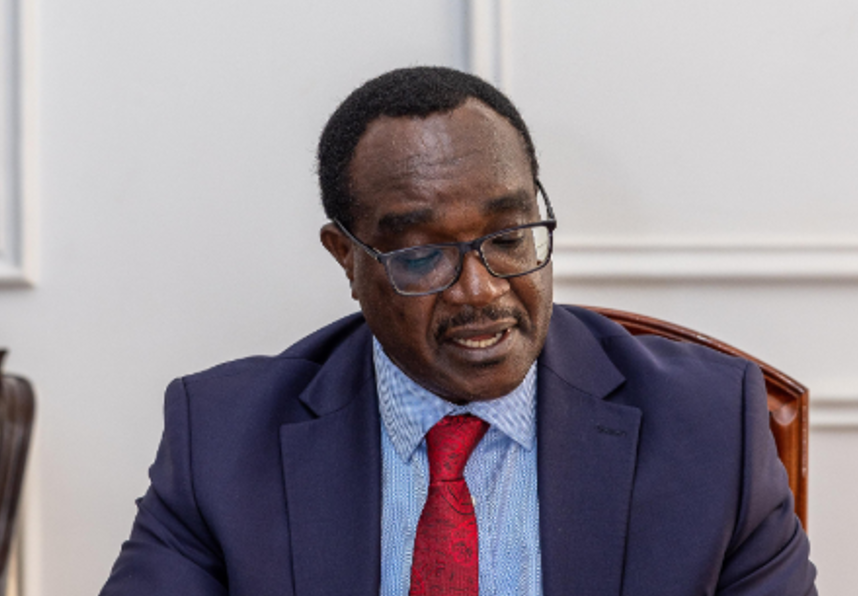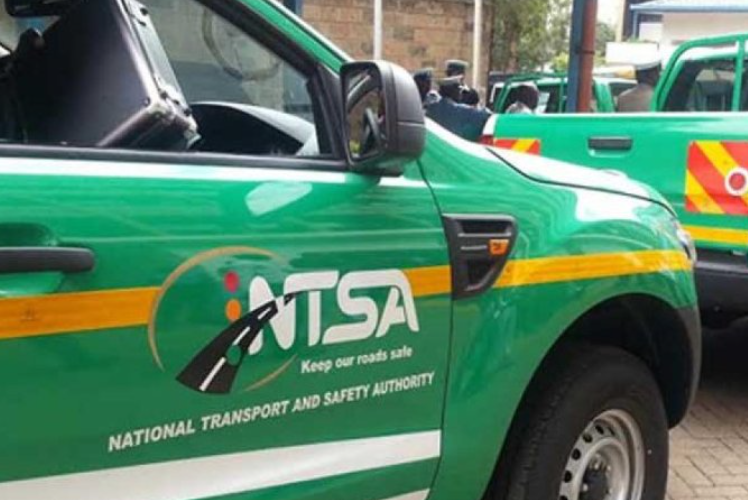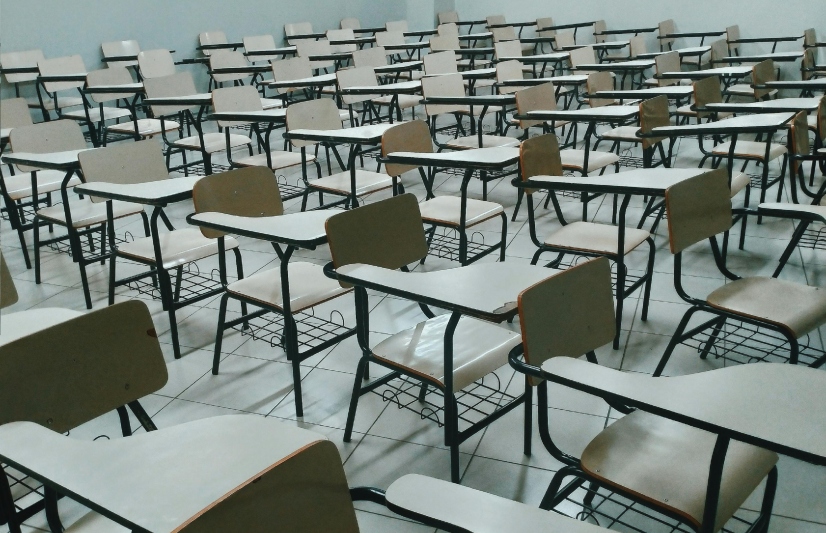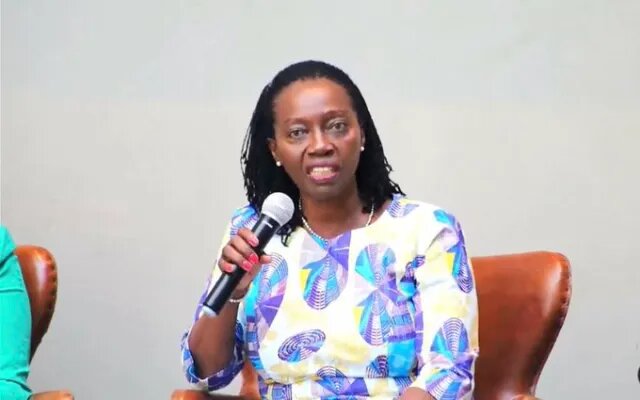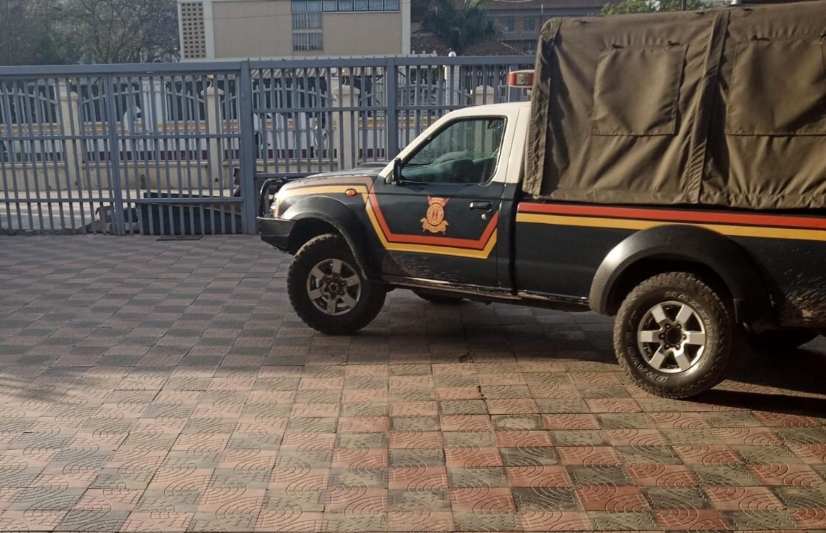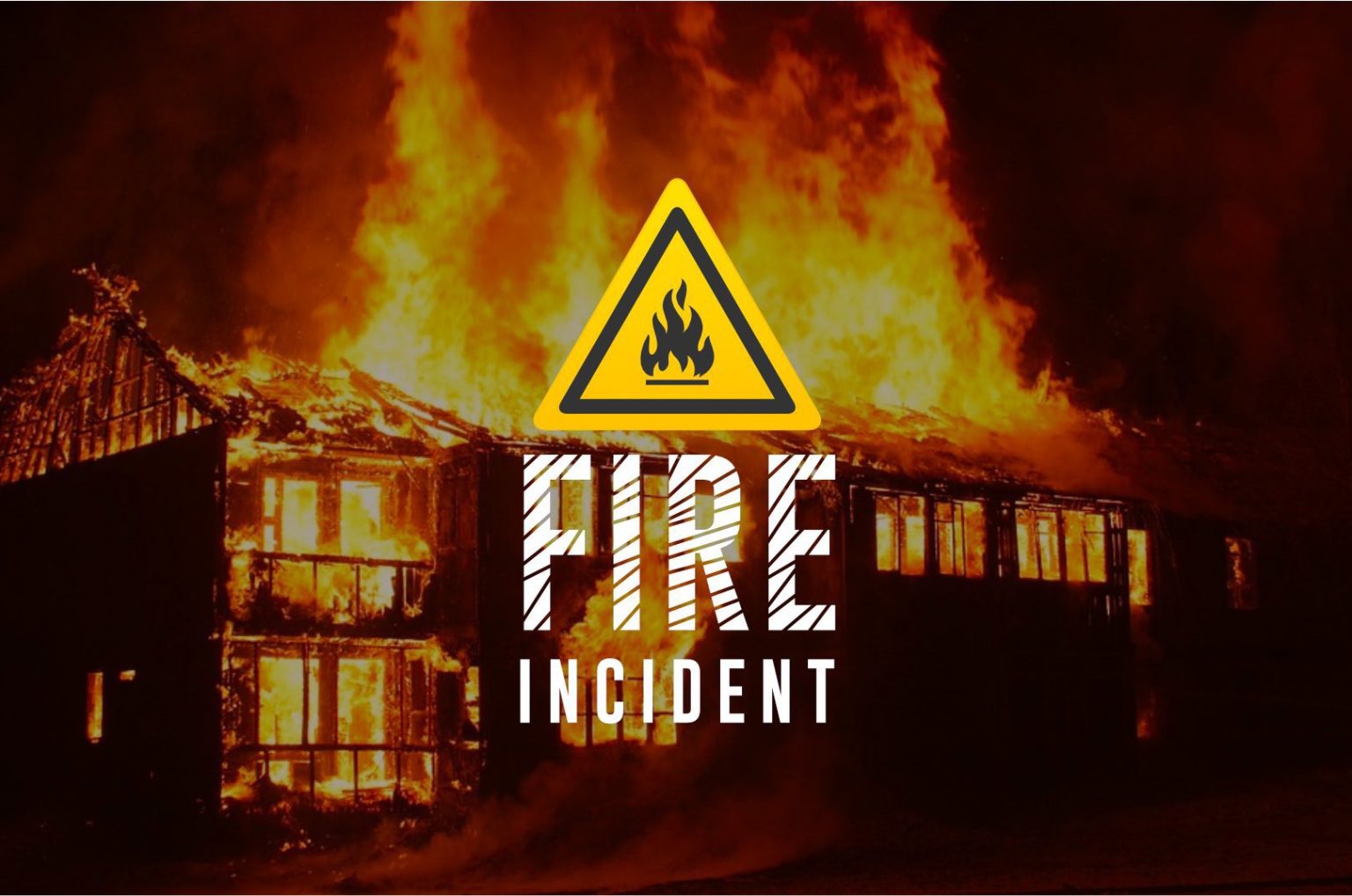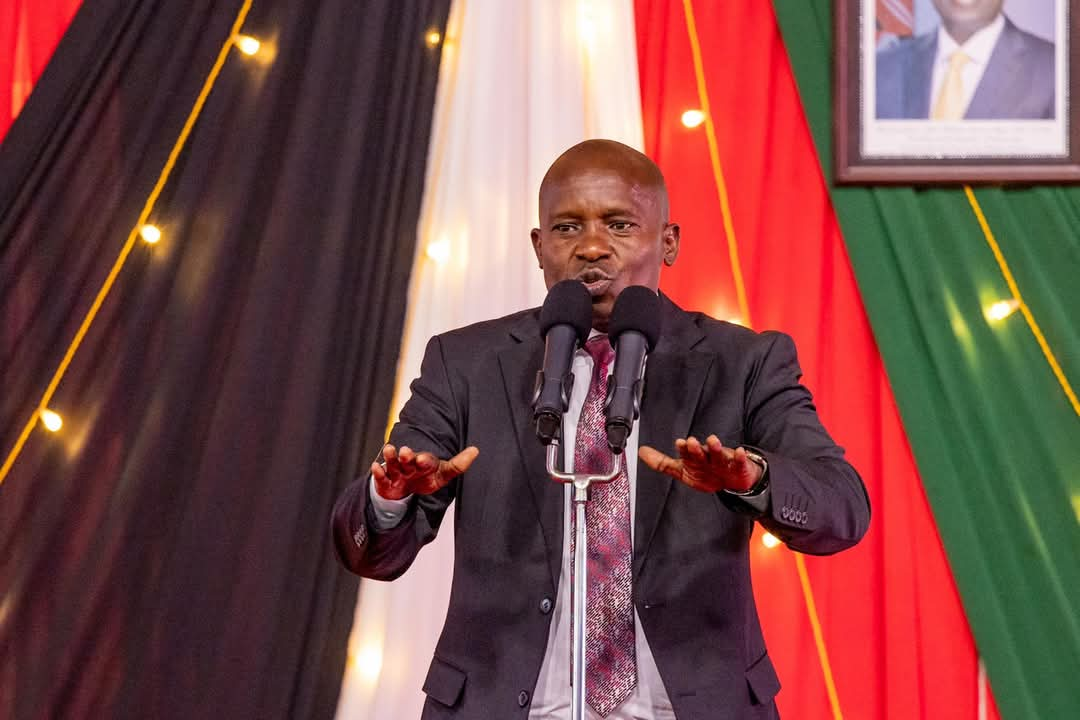5 things to know about this year’s KPSEA exams
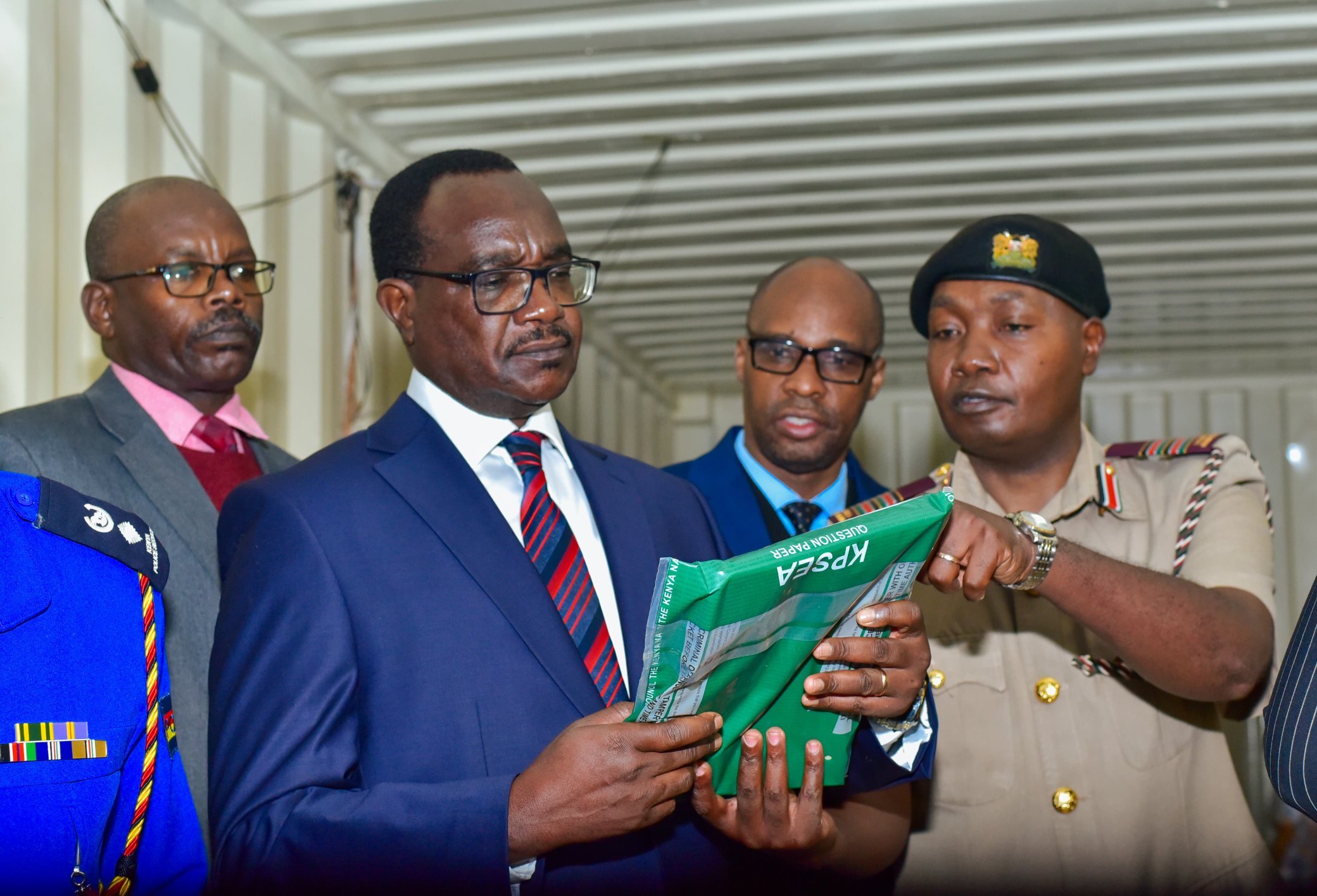
The Kenya Primary School Education Assessment (KPSEA) has kicked off today, marking a significant event in the educational calendar for Grade 6 learners across the country.
As students prepare for this assessment, here are five key points to note:
1.3 million candidates
This year’s KPSEA will see 1,313,913 candidates participating from 35,573 examination centres nationwide.
The sheer scale of this assessment reflects the government’s commitment to evaluating the impact of the Competency-Based Curriculum (CBC) on primary education.
143,026 officers
The government has deployed 143,026 officers who will be involved in the administration of KPSEA exams.
The involvement of the officers in overseeing the exams further underscores the importance placed on ensuring a smooth and fair assessment process.
Education Cabinet Secretary (CS) Julius Ogamba supervised the distribution of KPSEA papers at the Kenya National Examinations Council’s Container in Westlands, Nairobi.
Invigilation approach
In a notable shift from traditional exam protocols, the administration of the KPSEA will not include stringent invigilation.
Basic Education PS Belio Kipsang has stated that candidates will be allowed to complete their assessments in a supportive environment alongside their teachers.
This change is designed to foster a more relaxed atmosphere, reflecting confidence in teachers’ ability to manage the assessments effectively.
Day 1 of KPSEA
The first day of exams will focus on Mathematics and English.
In the morning session, candidates will tackle the Mathematics paper, followed by the English paper in the mid-morning slot.
This structure aims to gauge students’ foundational skills in these essential subjects as they transition from primary to secondary education.
Day 2 of KPSEA
On the second day, learners will take the Integrated Science paper in the morning, with the Kiswahili/Kenyan Sign Language assessment scheduled for mid-morning.
This day emphasizes the importance of local languages and science education in the curriculum, allowing students to demonstrate their comprehension and skills in these areas.
Day 3 of KPSEA
KPSEA concludes with the Creative Arts and Social Studies paper.
This diverse subject selection aims to assess learners’ understanding and appreciation of creativity and social issues, aligning with the holistic approach of the CBC, which emphasizes the development of critical thinking and problem-solving skills.
KPSEA marks a pivotal moment for the Competency-Based Curriculum (CBC), aiming to foster a more holistic evaluation of students’ competencies as they transition to higher education.
This year’s exam structure emphasizes a supportive environment, reflecting the country’s broader goals of enhancing student learning experiences without the traditional pressures associated with rigid invigilation.
Author
Martin Oduor
The alchemist of literary works - a master wordsmith with a proven record of transforming the raw materials of language into a rich tapestry of emotion, thought, and imagination.
View all posts by Martin Oduor